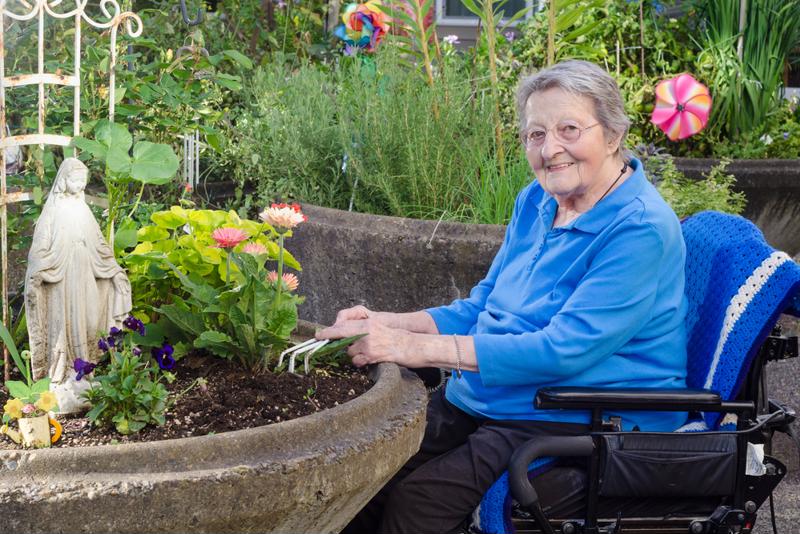
Every time you turn on the news, disasters are in the headlines. House fires, tornadoes, and extreme heat are just a few examples of situations many people are not ready for. While preparing takes time and planning, it’s crucial for seniors, as they may require additional assistance. Read on to learn how you can better prepare for potential emergencies.
Be Aware of Potential Emergencies
Every location has a different set of emergencies that may occur. Coastal areas, for example, may be at risk of hurricanes, while inland regions are more likely to experience tornados. Do you know the potential dangers in your area? Consider weather disasters like blizzards or earthquakes, as well as terrorist attacks and house fires. You can learn more by looking at past weather trends, talking with community members, and reading past news articles about your local area.
Find Senior Living Near Me
Accessibility
While a younger person may be ready to bolt from their home in the event of a fire, seniors may not be as able to move quickly. Those with mobility devices like walkers or canes may have significant difficulty and face injury if they’re forced to exit quickly in a life-threatening situation. If you suffer from mobility issues, it’s best to consider one-level living, where you can safely get out in the event of an emergency. Elevators and chair lifts aren’t always safe options in the event of a weather-related emergency or fire. Assisted living communities are built with this in mind and have ramps and staff available to make exiting safer.
The doorways in your home should also be wide enough for a wheelchair or walker to pass through. Relying on a fire escape ladder may not be the best choice if you have physical limitations. If safety becomes an issue, this is when you might consider moving from your own home to a senior living community that has ample amenities as well as emergency preparedness.
 Consider mobility assistance devices when creating your emergency exit plan.
Consider mobility assistance devices when creating your emergency exit plan.
Know Where to Relocate
If you live with other people, talk about creating a meeting space that is a safe distance away from you, for example, at home. This way, you can tell and use your apartment or if you need assistance immediately. What if there is a severe weather event like a tornado or a hurricane? Do you have a basement or other area of your home without windows to retreat to? Is a higher ground offering a safer place to wait out the storm? Discuss different potential emergencies with your loved ones to devise survival plans.
Keep an Emergency Kit Handy
What would you take along if you had to leave your home in five minutes? You might say nostalgic items like photos. While these are important, an emergency kit should contain only necessities to get you by. Create a small bag of items such as copies of important documents (e.g., birth certificates, insurance policies), prescription medications, hearing aids, nonperishable food, and water. This way, you can grab it on your way out if an emergency occurs.




